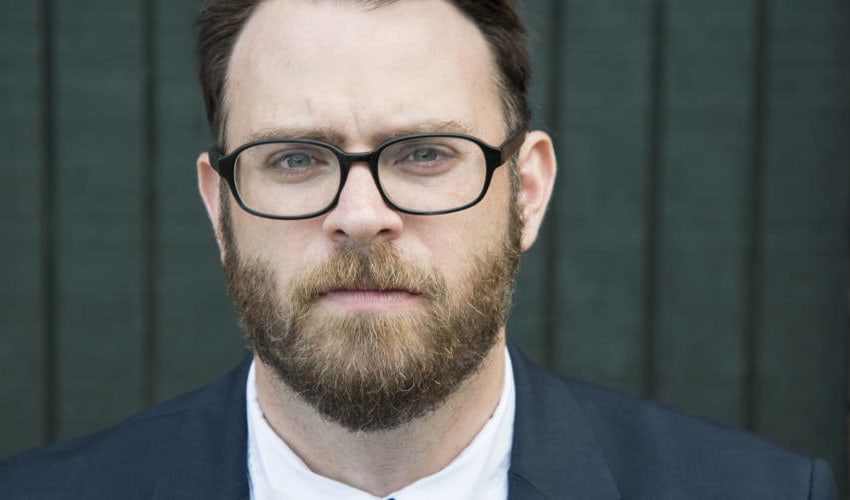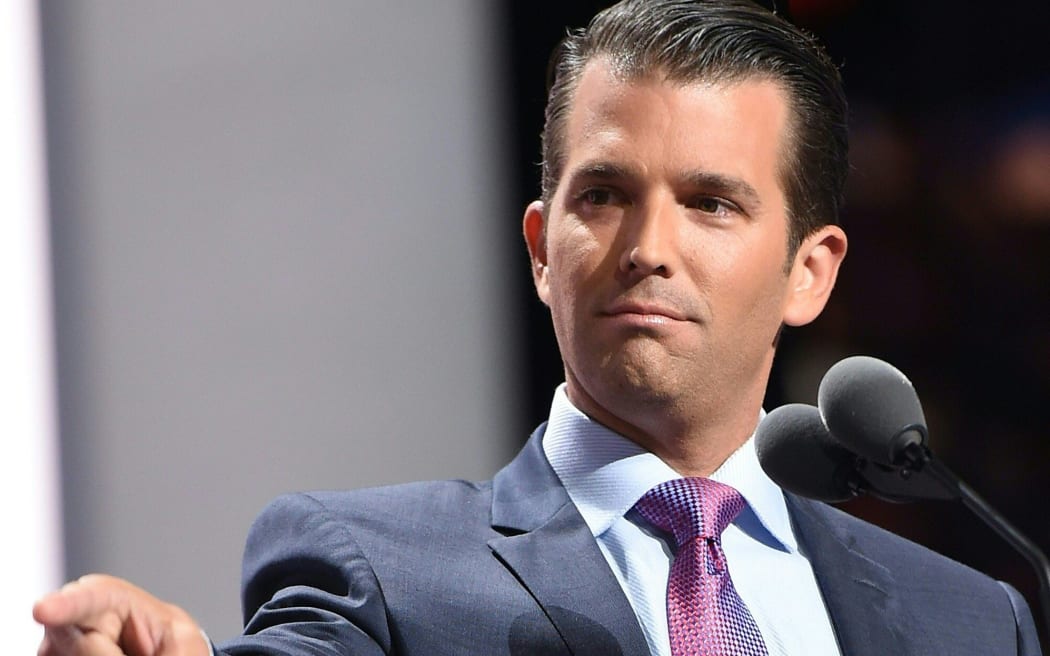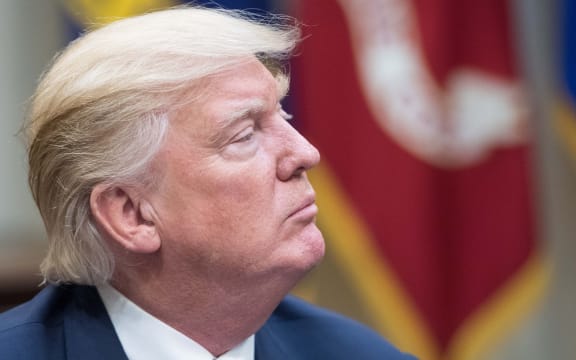
Jared Sexton Photo: Columbia Journalism Review
Journalist Jared Sexton had been working on the story of Donald Trump's campaign allegedly colluding with the Russian government for about a year when Donald Trump Jr suddenly confirmed – via tweets of his own emails – that he'd met someone associated with the Kremlin during the election who had offered him damaging information about Hillary Clinton.
It was a bizarre twist in the story of a country starkly divided only politically, but on the concept of reality itself, Sexton says.
Sexton says that although he was baffled that Donald Trump Jr had provided the first proof of the willingness of his father's campaign to work with a person representing the government of Russia, of more concern to him was President Trump's follow-up statement that anyone would have taken the meeting his son took.
"They obviously do not see this behaviour as problematic, they do not see it as potentially illegal, which I think opens the door for people to look at this and wonder what other behaviour they saw as not problematic and un-illegal."
It's troubling how Trump's team talks about politics as though it's business, as sovereign borders and laws about interacting with other countries don't need to be observed in business, he says.
"They're talking about this as if Russia did not actively conspire to affect our elections and/or put their money or time or effort into hacking our elections."

Donald Trump Jr Photo: AFP
There is a 'reality gap' in the US – a stark divide on the concept of reality itself, Sexton says.
"Anyone who wants to see collusion here can see collusion, anyone who is determined not to, doesn't.
"We can wrap ourselves in a reality of our choosing based on which media we devour and which we don't."
Whether it was intentional or not, Trump has pulled off an incredible political manoeuvre in cutting off his supporters from mainstream media, says Sexton.
This is the most baffling day in a long, long stretch of baffling days.
— Jared Yates Sexton (@JYSexton) July 11, 2017
"He basically positioned himself as the sole arbiter for truth for his supporters. So anything negative that could possibly have been said about him obviously was biased and coming from a political point of view. So he insulated his supporters from hearing anything negative about him."
The US is so divided that the left and right automatically think and presume the worst of each other, he says.
"I do not know how we come to the middle, I do not know how we agree on much of anything, going forward."
A move away from sensationalism would be a good start, he says.
"I don't think we should be covering politics as if it's a television show, as if it's a sporting event that you're going to report the scores on."

US President Donald Trump Photo: AFP
"Our president is someone who believes what he sees on cable news. Sometimes he is the living embodiment of cable news. It's really hard, especially when he goes out of his way to reinforce the bubble that's been there for years and actually make it stronger."
Social media sites are designed to further reinforce the political divide, Sexton says.
"These things are designed to make you addicted to a certain type of news and to stay within your bubble."
Jared Sexton's book The People Are Going to Rise Like the Waters Upon Your Shore: A Story of American Rage is due out in September.

